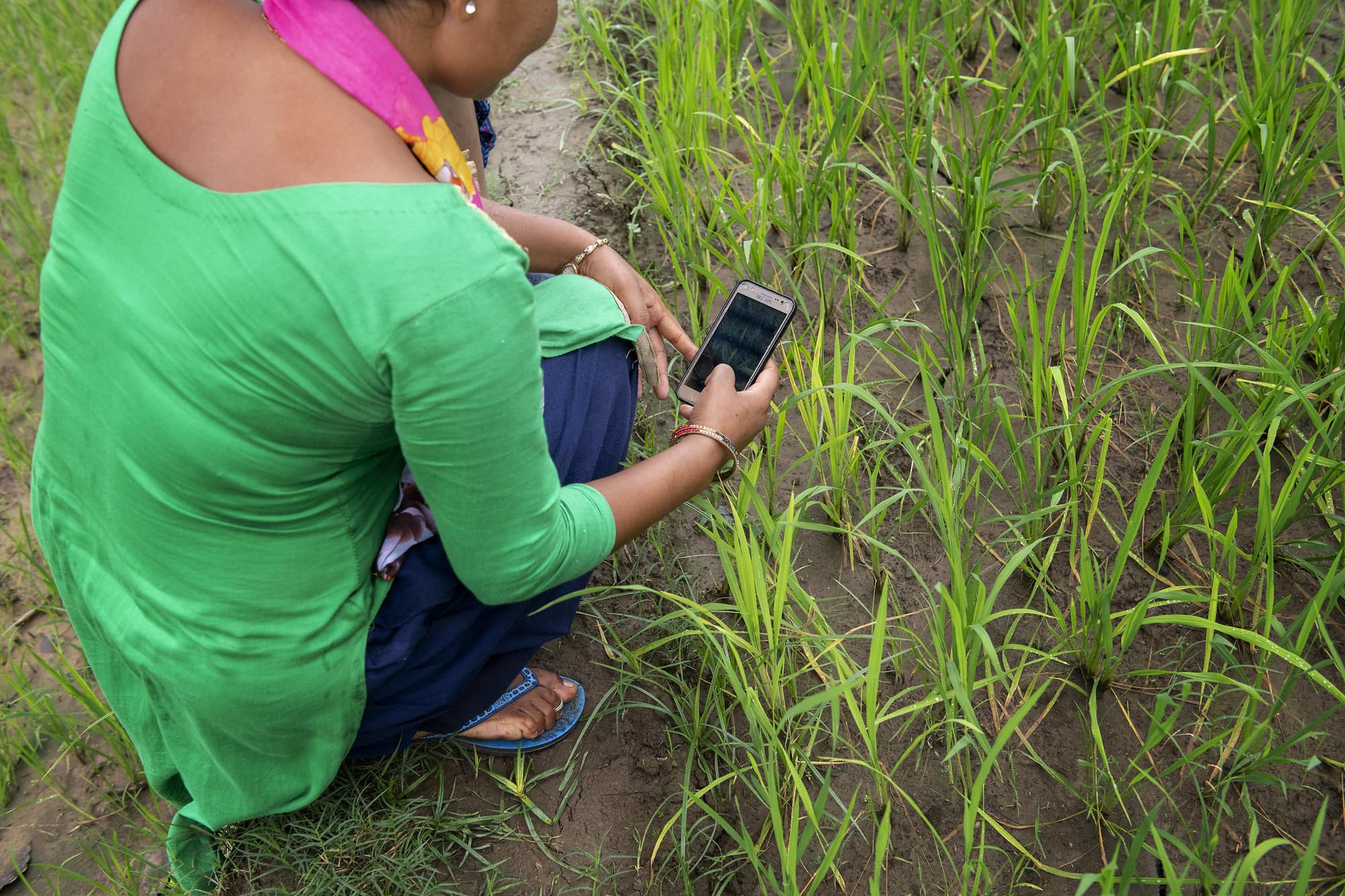
About Foresight
This is Foresight
Foresight is the act of thinking about the future to guide decisions today. Depending on the time horizon and the level of complexity and uncertainty that characterize a particular question of interest, foresight may involve a wide range of qualitative and quantitative tools and approaches. For example, it is increasingly clear that food, land and water systems are experiencing severe and complex shocks (both immediate and longer term) that call for unprecedented responses under a high degree of uncertainty. In this context, strategic foresight involving structured dialog and rigorous analysis helps decision makers explore how alternative policies and investments today can help achieve desired outcomes under alternative future scenarios.
In bringing together these different elements, foresight approaches and, particularly, quantitative strategic foresight approaches, allow for organizations such as the CGIAR and development partners to make more informed decisions around how to achieve their long-term goals.
What does CG Foresight offer the one CGIAR and its partners?
The CGIAR Foresight Team brings together diverse expertise and experience from across One CGIAR, offering a variety of different toolkits and approaches with a focus on rigorous futures-oriented analysis. Bringing together these different elements, foresight approaches and, particularly, quantitative strategic foresight tools allows for organizations such as One CGIAR to make more informed decisions around how to achieve their long-term goals.

CGIAR-wide capacity and community of practice.

Multiple disciplines, approaches, and tools.

Collaborative as well as separate activities.
